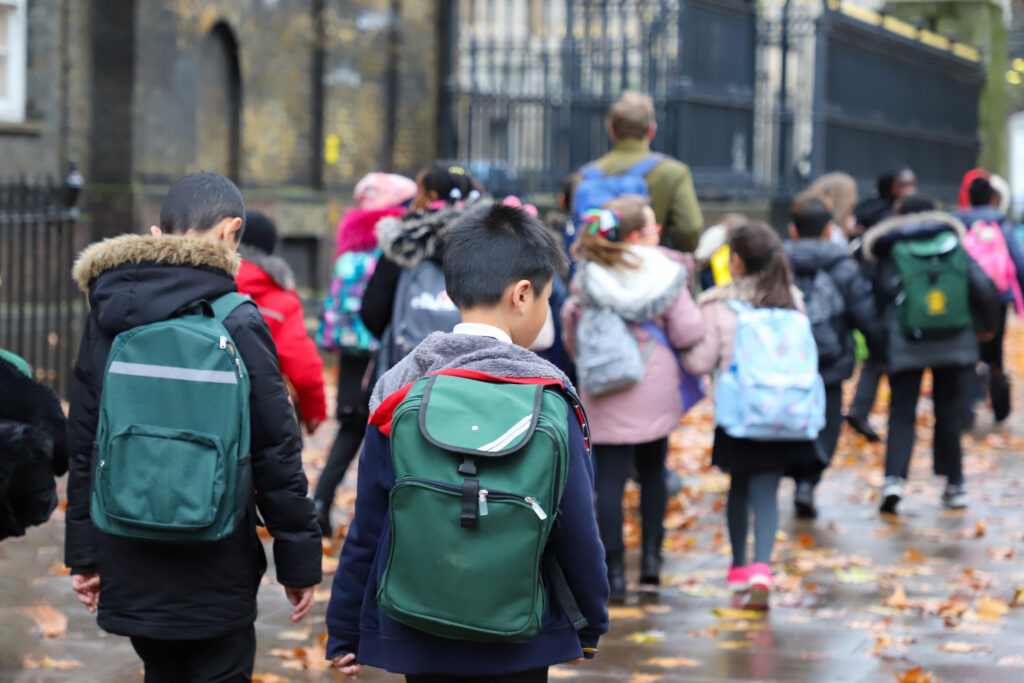
This blog post was reviewed and updated in January 2026.
As students start to return to school, it’s important to be aware of the winter illnesses currently circulating and the best ways to protect your child and others. In this blog, we set out some of the simple actions that parents of school age children can take to help protect their families and those around them.
There are things we can all do to help stop the spread of infections; teaching young people to do these things will help them to stay well and protect others.
1. Staying home when unwell
Knowing when your child should stay at home from school or nursery if they are poorly can help slow the spread of many winter illnesses.
- If your child is unwell and has a fever, they should stay home from school or nursery until they feel better, and the fever has resolved.
- If your child has diarrhoea and/or vomits, they should stay off school or nursery for at least 48 hours after their symptoms clear up.
Adults should try to stay home when unwell too.
Children with a runny nose, sore throat, or slight cough who are otherwise well and do not have a high temperature can continue to attend their education or childcare setting.
2. Hand hygiene
Hand-washing is one the most effective ways to stop germs from spreading.
Regularly washing hands in soap and warm water or using hand sanitiser when out and about can help you and your child to stay well and not pass on germs.
3. Catching coughs and sneezes
Using a tissue to catch coughs and sneezes and then binning it before washing your hands with soap and water or hand sanitiser can help to stop infection from spreading.
Teaching children this habit and providing them with tissues will help them to not pass on germs when they are unwell. Our e-bug resources for Early Years can help you to explain to your child what good hygiene habits are, how they can practise them and why they are important.
4. Get vaccinated
Flu vaccination is still available for all eligible age groups and is the best protection against the virus. Flu can be very unpleasant and in some cases can lead to more serious illness.
Getting your child vaccinated protects them and others they come into contact with. Children are offered the quick and painless nasal spray vaccine.
Children eligible include:
- Children aged 2 or 3 years on 31 August 2025
- All school-aged children (Reception to year 11)
- Children with certain medical conditions, including babies over 6 months of age
You can find more information on getting your child vaccinated against flu, here.
For adults, you can read about who is eligible on the NHS UK website.
5. Use NHS resources for more information about winter illnesses
Most winter illnesses can be managed at home and NHS UK has lots of information available to parents:
- Information about flu symptoms and treating them at home
- Information about COVID-19 in children
- Information about scarlet fever symptoms and managing the illness
- Information about fevers in children and how to manage them
- Information on avoiding and managing the vomiting bug, norovirus
Education resources on stopping the spread of germs
For teachers and those who work in education settings, our e-Bug resource has lots of free resources on educating children about stopping the spread of infection. This includes lesson plans on topics like hand hygiene and how coughs and sneezes spread illness.
